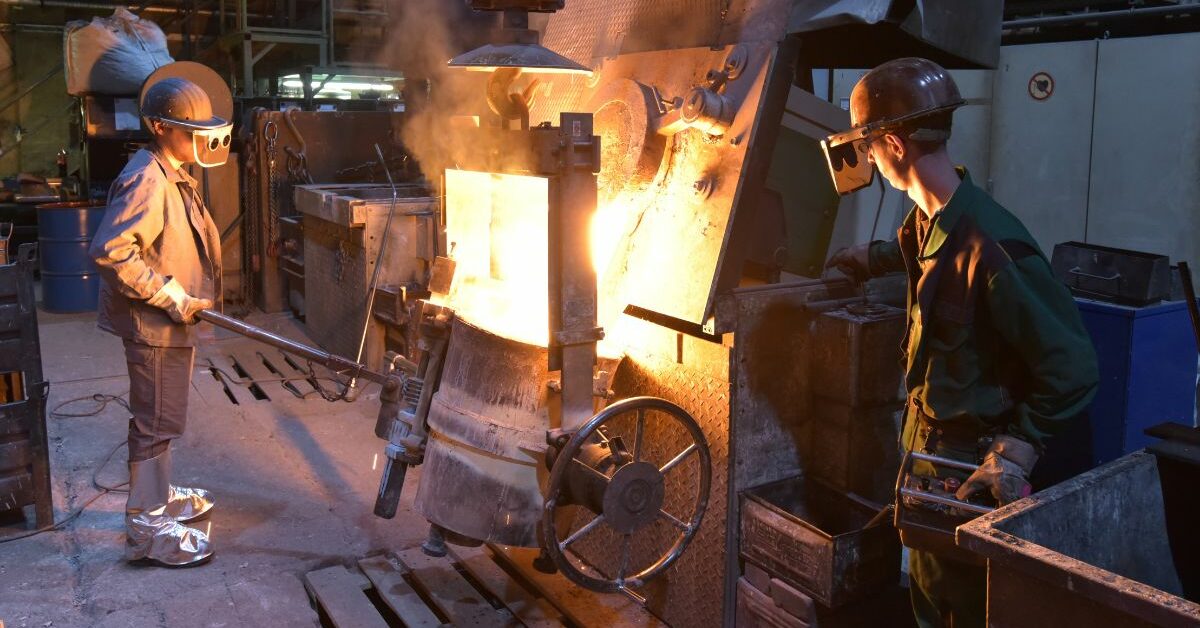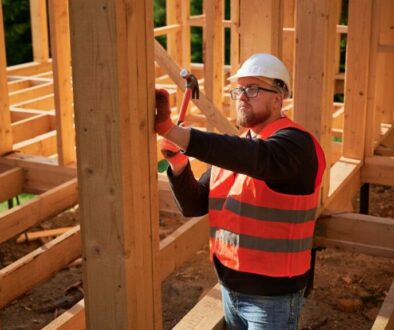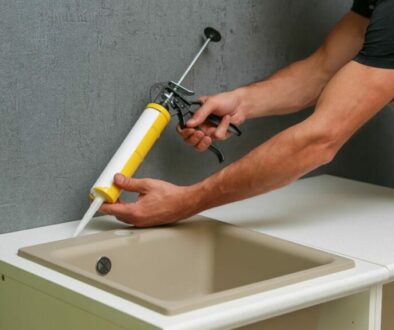What Are Metal Casting Skills?
When it comes to manufacturing metal products, one of the most important skills is metal casting. Metal casting is the process of melting metal and pouring it into a mold to create a specific shape. This process is used in a wide range of industries, including automotive, aerospace, construction, and more. Developing metal casting skills is vital for success in these industries. In this article, we’ll explore what metal casting skills are, how to improve them, and why employers value these skills.
Metal casting is a fascinating and complex process that has been used for centuries to create a wide variety of metal products. The process involves pouring molten metal into a mold, which is then allowed to cool and solidify. The resulting product can be anything from a simple metal trinket to a complex machine part.
Understanding different types of metals and their properties is an essential part of metal casting skills. Different metals have different characteristics, such as melting points, ductility, and strength. Knowing which metals to use for specific projects is crucial in creating high-quality products.
Metal Casting Skills Examples
Knowledge of different casting techniques and their applications is also important for metal casting skills. There are several types of casting techniques, including sand casting, investment casting, and die casting. Each technique has its advantages and disadvantages, and knowing which one to use for a particular project is essential.The ability to read and interpret blueprints is another critical aspect of metal casting skills. Blueprints provide detailed instructions on how to create a particular product, including the dimensions, materials, and tolerances required. Being able to read and understand blueprints is essential in creating products that meet specific requirements.
Experience in using different casting tools and equipment is also crucial for metal casting skills. There are many different tools and equipment used in metal casting, including furnaces, crucibles, ladles, and molds. Knowing how to use each tool and equipment properly is essential in creating high-quality products.Finally, familiarity with safety protocols and procedures is essential for metal casting skills. Working with molten metal can be dangerous, and it is essential to follow safety protocols and procedures to prevent accidents and injuries.In summary, metal casting skills encompass a range of abilities that are essential in creating high-quality metal products.
These skills include understanding different types of metals and their properties, knowledge of different casting techniques and their applications, the ability to read and interpret blueprints, experience in using different casting tools and equipment, and familiarity with safety protocols and procedures. With these skills, a worker can create complex metal products that meet specific requirements and are of the highest quality.
How Do You Improve Metal Casting Skills?
Improving metal casting skills requires time, effort, and good instructional aids. Metal casting is a process that involves pouring molten metal into a mold to create a specific shape or design. It is an essential process used in the manufacturing of different products, including automobile parts, jewelry, and sculptures. Here are some ways to improve these essential skills:
- Get hands-on experience: One of the best ways to improve metal casting skills is by getting hands-on experience. This means practicing different casting techniques, using a range of tools and equipment, and getting feedback on your work. Joining workshops and attending training programs can help you develop new skills and learn from experts in the field.
- Practice reading blueprints: Reading and interpreting blueprints is essential for creating the right product. Blueprints provide a detailed plan of the product’s design and specifications. Reading and interpreting blueprints accurately will help you understand dimensional requirements and tolerances. You can practice reading blueprints by studying them closely, analyzing them in a group setting, and even making your own blueprints. This will help you to visualize the product better and create the right mold for it.
- Stay up-to-date with technological advancements: Advancements in technology have impacted many industries, including metal casting. Staying up-to-date with the latest trends and techniques will help you stay ahead of the competition. Attend workshops, read manuals, and participate in online forums to stay in touch with the advancements in the casting industry. For instance, the use of 3D printing technology in metal casting has revolutionized the industry by enabling faster and more accurate production of molds.
- Understand different types of metal: Metal has different properties, and understanding these properties will help you make the right decisions when casting. For example, some metals are more malleable than others, making them easier to shape while others are brittle, making them more challenging to work with. You can learn about different types of metal by reading articles, watching videos, or attending training programs. Understanding the properties of different metals will help you choose the right metal for your project and create a high-quality product.
- Join professional organizations: Professional organizations offer a range of benefits for those seeking to improve their metal casting skills. They offer networking and learning opportunities, mentoring programs, and access to the latest industry resources. Joining a professional organization is a great way to stay connected with other professionals in the field and improve your skills. For example, the American Foundry Society (AFS) is a professional organization that provides training and certification programs, industry publications, and networking opportunities for metal casting professionals.
Improving your metal casting skills requires dedication and a willingness to learn. By following these tips, you can develop your skills and become a skilled metal caster. Remember to practice regularly, stay up-to-date with the latest trends and techniques, and seek feedback from experts in the field. With time and effort, you can become a master metal caster and create high-quality products that meet the needs of your clients.
Metal casting is a fascinating and complex process that has been used for thousands of years to create everything from jewelry to weapons to machinery. The process involves melting metal, pouring it into a mold, and allowing it to cool and solidify into a specific shape. It requires a high level of skill and precision to ensure that the final product is of high quality and meets the desired specifications.
Why Do Employers Look For Metal Casting Skills?
One of the reasons why employers value metal casting skills is because of the versatility they offer. Workers with these skills can work on a range of projects, from small-scale jewelry making to large-scale industrial machinery production. This versatility means that employers can assign workers to different projects as needed, which ultimately increases the productivity of the team.
In addition to productivity, having workers with strong metal casting skills also reduces the risks of project mistakes. Mistakes in metal casting can be costly, both in terms of time and money. If a project is not done correctly, it may need to be redone, which can delay production and increase costs. Having skilled workers who can prevent mistakes from happening in the first place is therefore crucial to the success of any metal casting operation.
Employers also value metal casting skills because they know that skilled workers with specialized expertise can help grow their business and ensure longevity in the industry. As technology advances and new materials become available, having workers who can adapt and learn new techniques is essential to staying competitive.
For individual workers, having metal casting skills can be a path to higher wages, better job security, and career advancement. Skilled metal casters are in high demand in a range of industries, including automotive, aerospace, and construction. With the right training and experience, metal casters can earn a comfortable living and have opportunities for career growth and advancement.
Metal casting skills are highly valued by employers for their versatility, ability to prevent mistakes, and potential to help grow their business. For individual workers, having these skills can lead to higher wages, better job security, and career advancement. As the manufacturing industry continues to evolve, metal casting skills will remain in high demand and continue to be an essential part of the manufacturing process.
Metal casting skills are essential in many industries, and it is crucial for workers to develop and improve these skills. By having hands-on experience, practicing reading blueprints, staying up-to-date with technological advancements, understanding different types of metals, and joining professional organizations, workers can improve their casting skills and increase their employability. Employers value these skills because they bring productivity, efficiency, and expertise to their teams.




